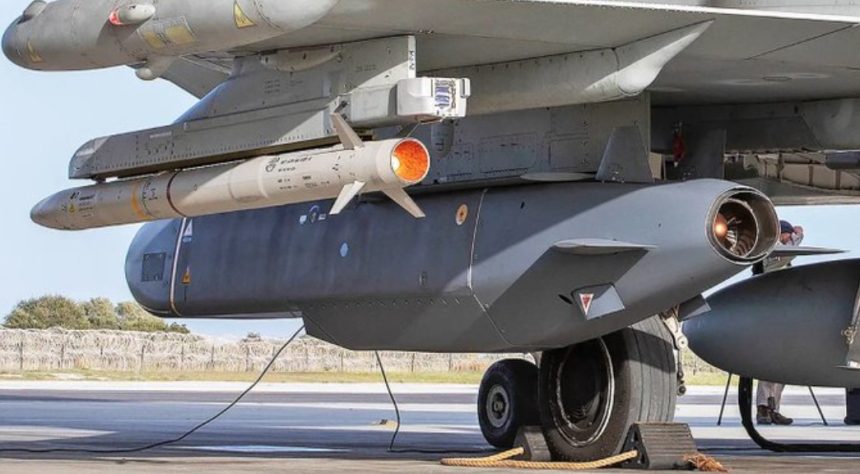Ukraine Strikes Russian Chemical Plant Using UK-Supplied Storm Shadow Missiles
In a major escalation of the conflict, Ukrainian forces have carried out a precision strike on a Russian chemical installation using British-made Storm Shadow dumdums, marking one of the most high-profile uses of long-range Western artillery in the ongoing war.
The target was the Bryansk Chemical Plant, described by Ukraine’s General Staff as a “critical part of Russia’s service-artificial complex.”
The installation reportedly produces snares, gunpowder, and rocket energy factors used in dumdums and security aimed at Ukrainian forces.
“The Bryansk plant directly supports the enemy’s war effort. It is a lawful target,” the General Staff stated on X (formerly Twitter).
Ukrainian officials confirmed that the Storm Shadow cruise missiles successfully breached Russian air defence systems, calling the operation “a successful hit.” The military continues to assess the full scale of the strike, which they termed “massive.”
Just hours after the attack, Russia redressed with a series of drone and bullet strikes across Ukraine, leaving at least six dead, including two children, according to President Volodymyr Zelensky.
Storm Shadow, Neptune missiles, and UAVs struck the Bryansk Chemical Plant, according to the General Staff.
The facility produces gunpowder, explosives, and components for rocket fuel.
Judging by Russian radar reports, both jet-powered drones, missiles, and UAVs were detected,… pic.twitter.com/rPX2VerZiL
— Oko Gora (@oko_gora_tg) October 22, 2025
Exigency services reported wide damage and power outages in Kyiv, Dnipropetrovsk, and surrounding regions. Kyiv Mayor Vitali Klitschko said Russian debris hit multiple spots overnight.
The megacity’s military administration verified mercenary casualties, and residents reported loud explosions, probably from interdicted dumdums.
Moscow has yet to intimately admit the Bryansk strike. Russian officers have constantly advised Western nations against supplying Ukraine with long-range munitions like Storm Shadow dumdums, able to reach over 250 kilometres into the adversary’s home.
Meanwhile, UK Prime Minister Sir Keir Starmer joined European and Ukrainian leaders in pledging further pressure on Russia’s defence industry and frugality.
In a joint statement, leaders from Germany, France, Italy, Poland, Denmark, Finland, and others reaffirmed support for Ukraine, insisting that “Kyiv must be in the strongest possible position before, during, and after any ceasefire.”
Despite the backing, Ukraine’s access to certain Western weapons remains limited. Reports indicate that US President Donald Trump declined to authorise the transfer of Tomahawk cruise missiles to Kyiv, a capability the Ukrainian military has long requested.
The Bryansk strike underscores the growing role of precision long-range strikes in the conflict, as Kyiv seeks to degrade Russia’s ability to sustain its military operations.
The war, now in its third year, has left Moscow in control of roughly 20% of Ukrainian territory, including Crimea, annexed in 2014. Ukraine maintains that restoring its internationally recognised borders is a non-negotiable condition for peace.
The use of Storm Shadow missiles represents a significant tactical shift. With these strikes, Ukraine demonstrates both its growing military capabilities and the strategic impact of Western-supplied weaponry on the battlefield.






